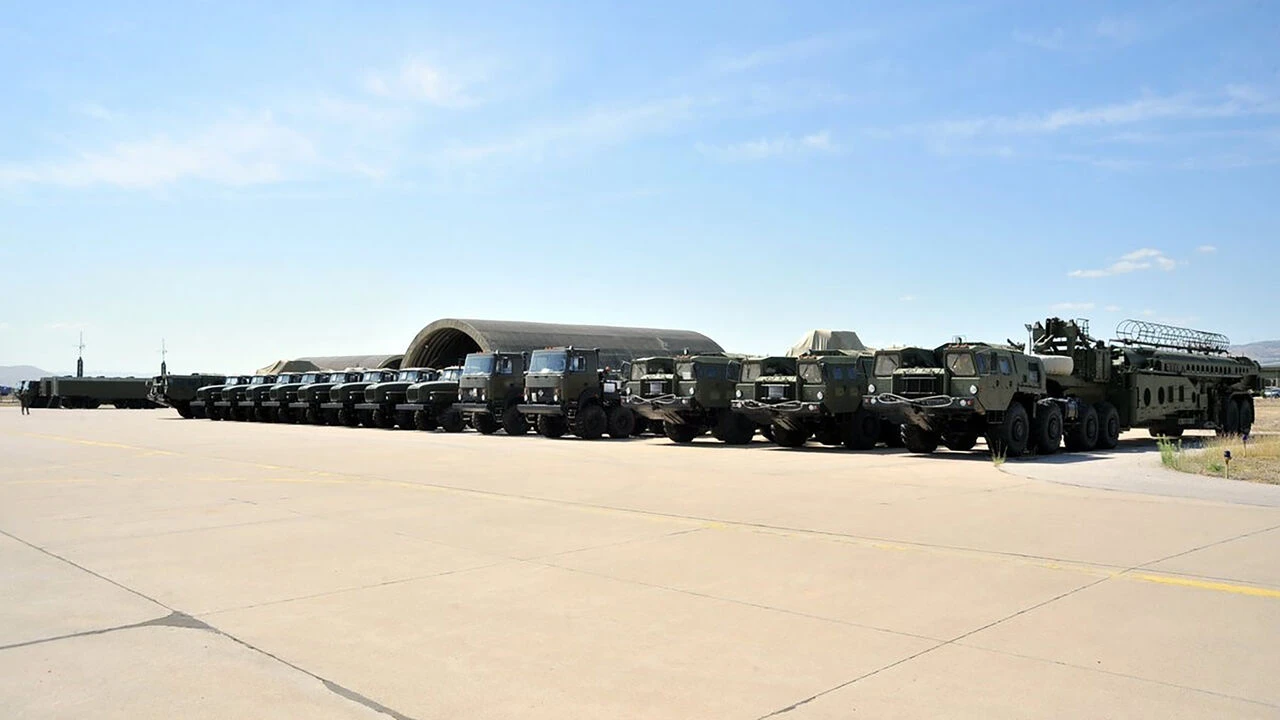Christian Turks targeted: EU sanctions Gagauz leaders in Moldova for ‘Separatism’
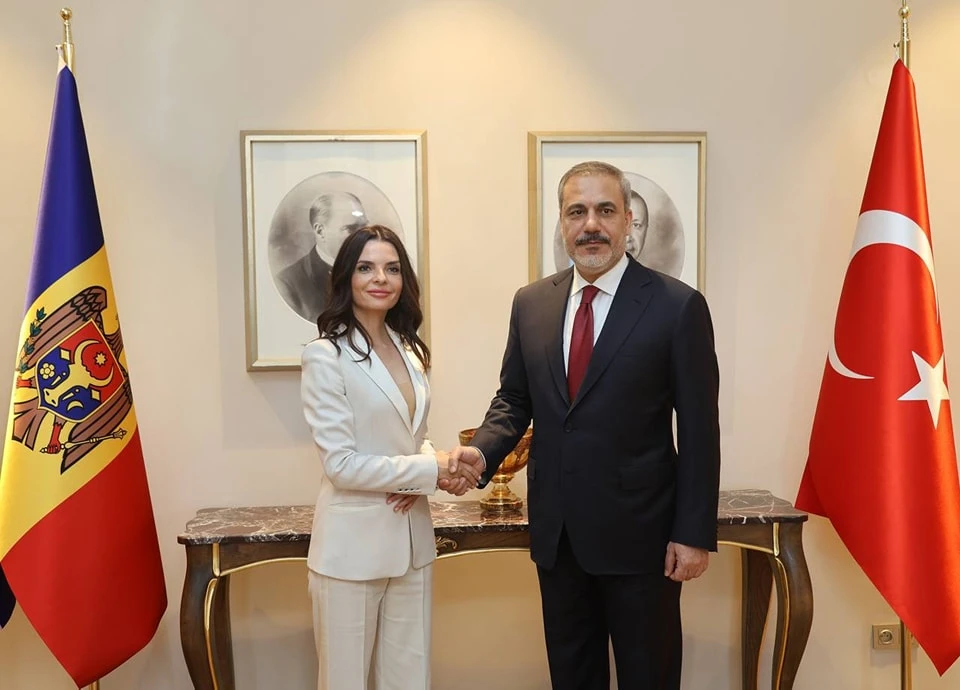 Minister of Foreign Affairs Hakan Fidan met with Evghenia Gutul, Bashkan of the Autonomous Territorial Unit of Gagauzia, in Istanbul on 15 September 2023.
Minister of Foreign Affairs Hakan Fidan met with Evghenia Gutul, Bashkan of the Autonomous Territorial Unit of Gagauzia, in Istanbul on 15 September 2023.
The European Union Council has imposed sanctions on leaders from the autonomous region of Gagauzia in Moldova, inhabited by Orthodox Christian Turks, accusing them of engaging in separatism to support Russia’s direct attempts to destabilize Moldova.
The sanctions were announced on Monday by the EU High Representative for Foreign Affairs Josep Borrell. The EU administration has held the President of the Autonomous Region of Gagauzia Evghenia Gutul, along with three other Turkish leaders, accountable for “actions destabilizing the Republic of Moldova.”
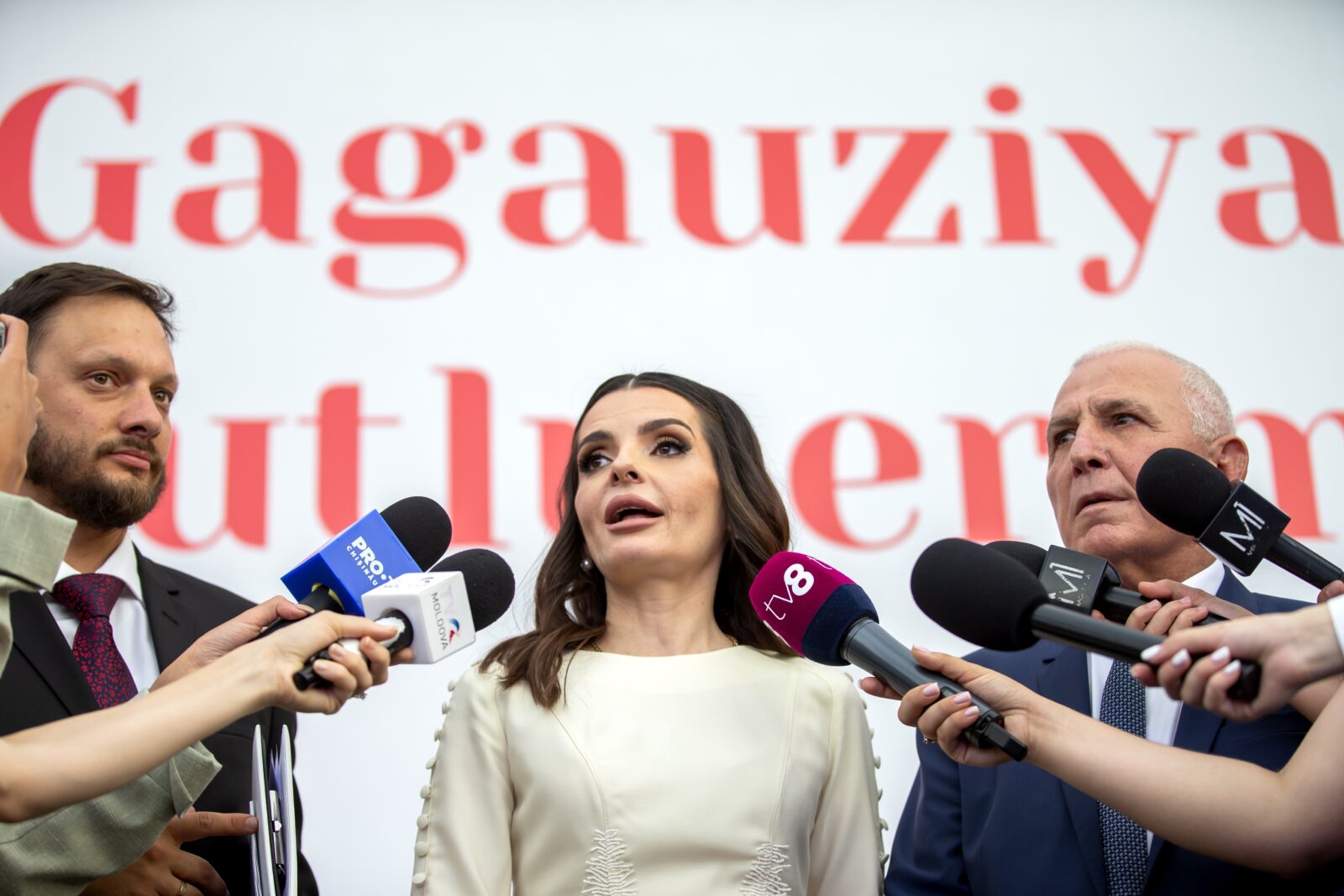
According to the EU Council, 38-year-old President Gutul is accused of “promoting separatism in Moldova, attempting to undermine the constitutional order, and threatening independence.”
The sanctions list also includes three other Turkish officials holding various positions: Mihail Vlah, Iurii Cuznetov and Ilya Uzun. Besides the Gagauz leaders, the list features Evrazia, a Russia-based nongovernmental organization aiming to support Russian interests abroad, particularly in Moldova, and its founder, Nelli Parutenco.
Sanctioned individuals, including Gutul, are now banned from traveling to EU countries. Additionally, assets belonging to those on the list within the EU will be frozen, and they are prohibited from receiving economic resources directly or indirectly.
The EU administration had previously imposed sanctions on 16 individuals and two organizations last April, citing activities that threaten the sovereignty, security, and stability of Moldova. These sanctions followed Moldova’s commencement of formal accession negotiations with Ukraine on June 25.
According to the EU, attempts by Russia to destabilize Moldova have significantly increased since the invasion of Ukraine, posing a direct threat to the stability and security of external borders.
Borrell emphasized that Russia’s destabilization efforts represent a direct attack on a sovereign nation like Moldova and its democratic life. He stated, “The EU continues to fully support the legitimate aspirations of the Moldovan people. Today’s sanctions are another contribution to Moldova’s resilience.”
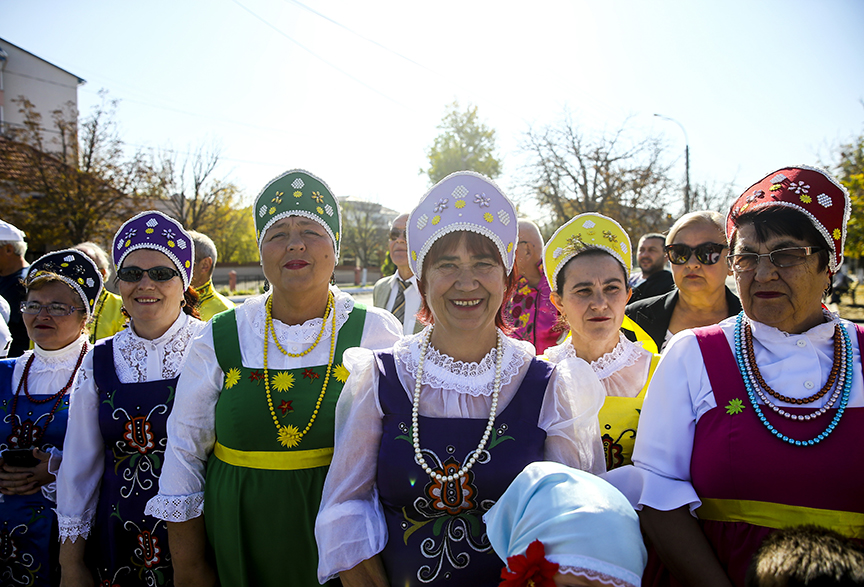
Who are Christian Turks or Gagauz?
Gagauzia is an autonomous republic within Moldova, home to around 150,000 people. Including those living in other parts of Moldova and Russia, the Gagauz population is estimated to be over 250,000. Speaking a language closely related to Turkish, the Gagauz maintains close ties with both Russia and Türkiye.
Believed to have originated from Oghuz Turks, the Gagauz are Orthodox Christians, and the term “Gagauz” is thought to be derived from “Gok-Oguz” (Sky Oghuz). The autonomous region, led by President Evghenia Gutul, has its capital in Comrat.
The Gagauz settled in the Balkans around the 11th century, according to Byzantine sources, and many moved to Bessarabia after it was annexed by Russia in 1812. Following the collapse of the Soviet Union, Moldova gained independence, leading to increased nationalist sentiment, which prompted the Gagauz to assert their autonomy more strongly. In 1994, a referendum led to the establishment of the Gagauz Autonomous Region within Moldova. According to the law, if Moldovans decide to unite with Romania, the Gagauz have the right to declare independence.
The Gagauz have garnered much academic interest due to their unique blend of religious, linguistic, and cultural traits, with various countries attempting to assimilate or claim the community. Despite their Orthodox Christian faith, many of their customs bear traces of Islamic traditions, reflecting their historical journey and interactions with other Turkish groups.
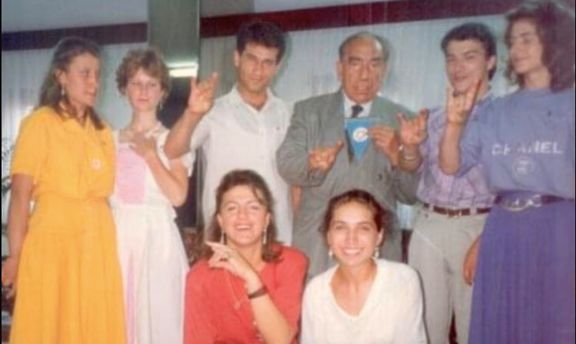
Origins of gray wolf salute: Alparslan Turkes and Gagauz Turks
The former leader of Turkish nationalists, Alparslan Turkes, learned the gray wolf salute from Gagauz Turkish girls in 1991.
Contrary to popular belief, the gray wolf salute, which sparked controversy due to Merih Demiral’s gesture during the Türkiye and Austria match, has a history of about 30 years. Although it has been claimed that Turkes first saw this gesture during a rally in Baku with Ebulfez Elcibey in 1992, he learned the salute from Gagauz Turkish youth who came to Ankara in 1991.
The Gagauz Turk, Gullu Karanfil, who prompted Turkes to give the first gray wolf salute that day, states that they also learned this gesture from some nationalist youth in Istanbul during their trip to Türkiye in 1991.

